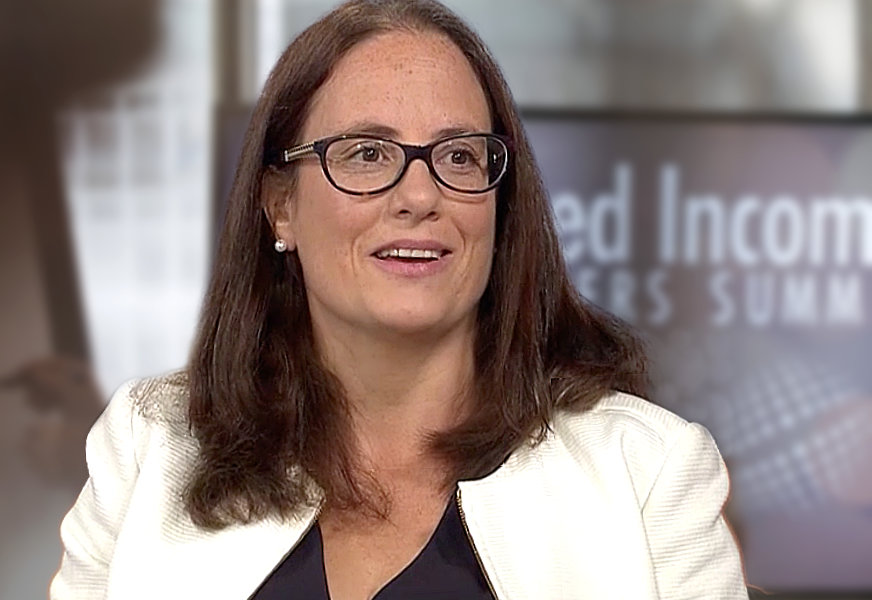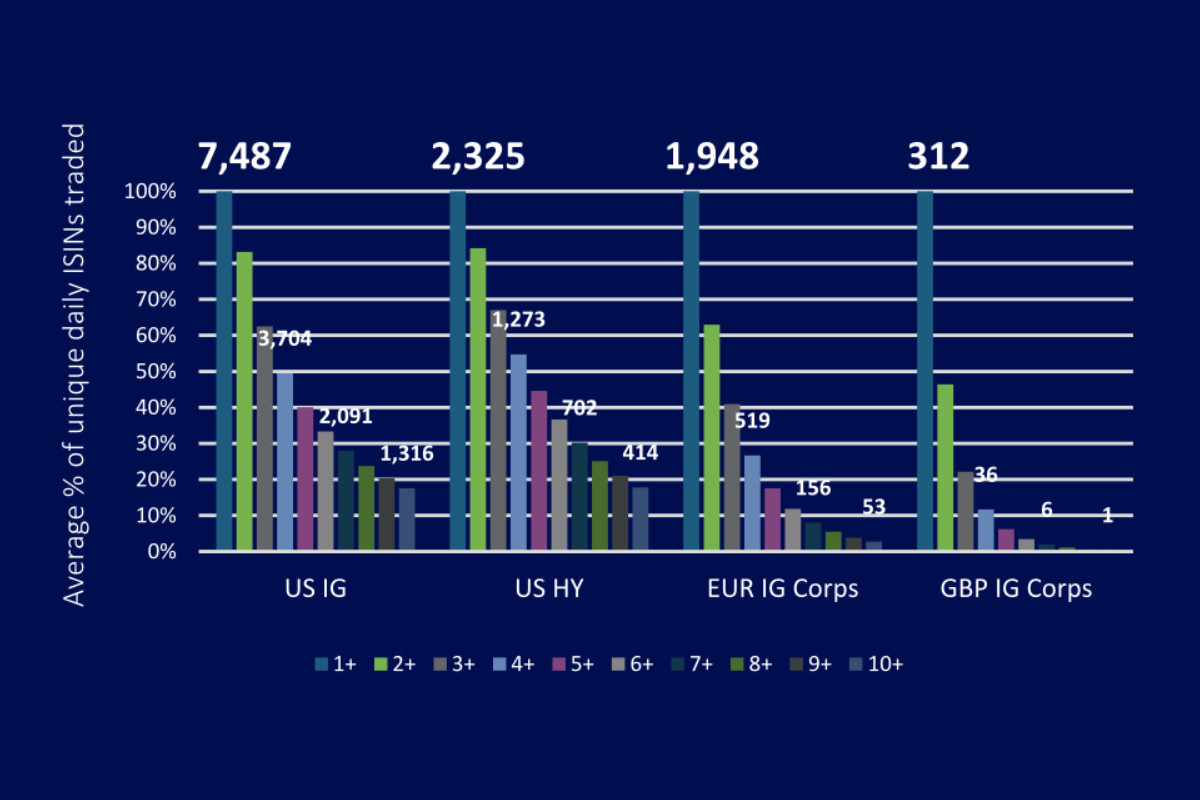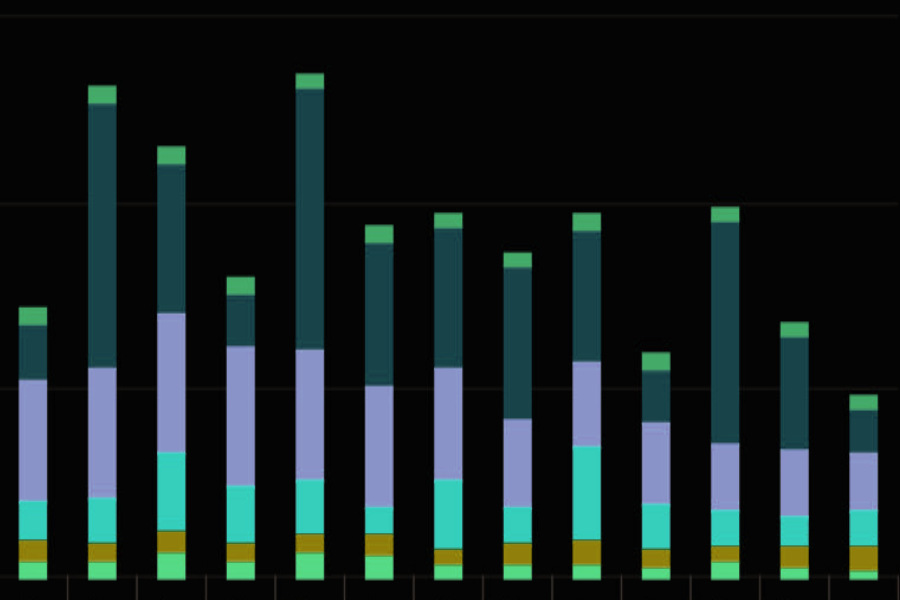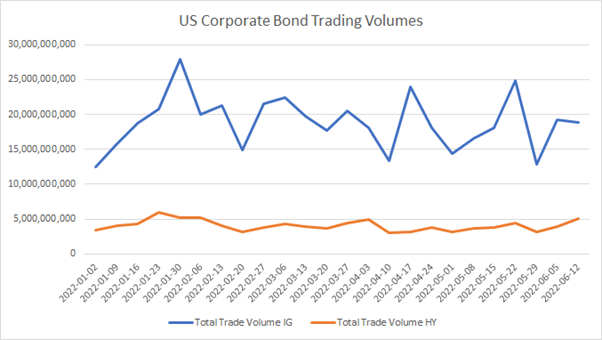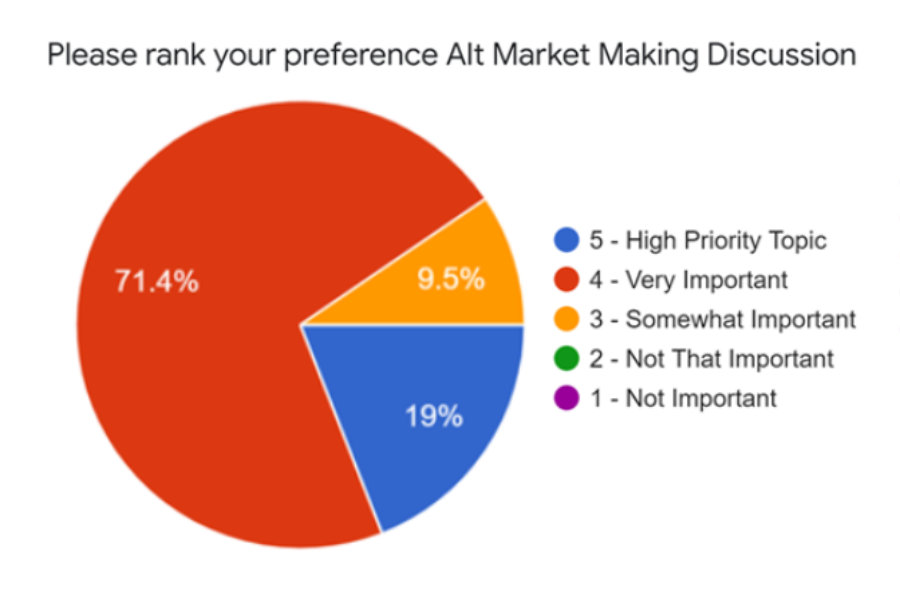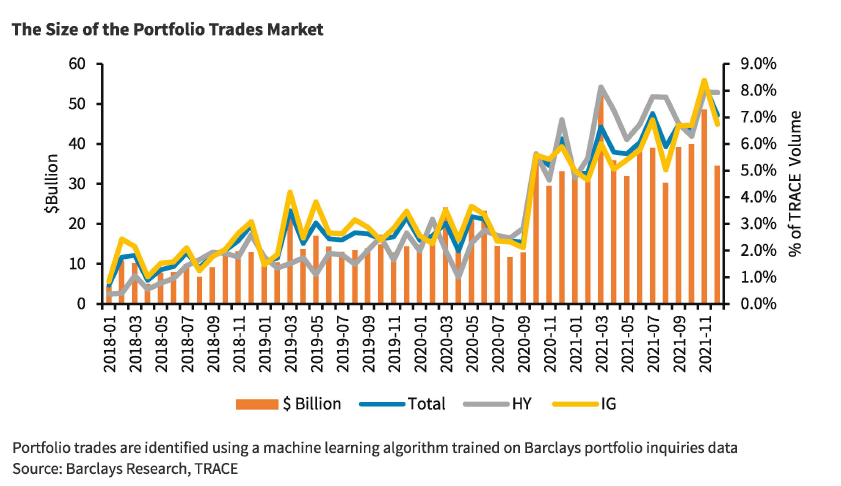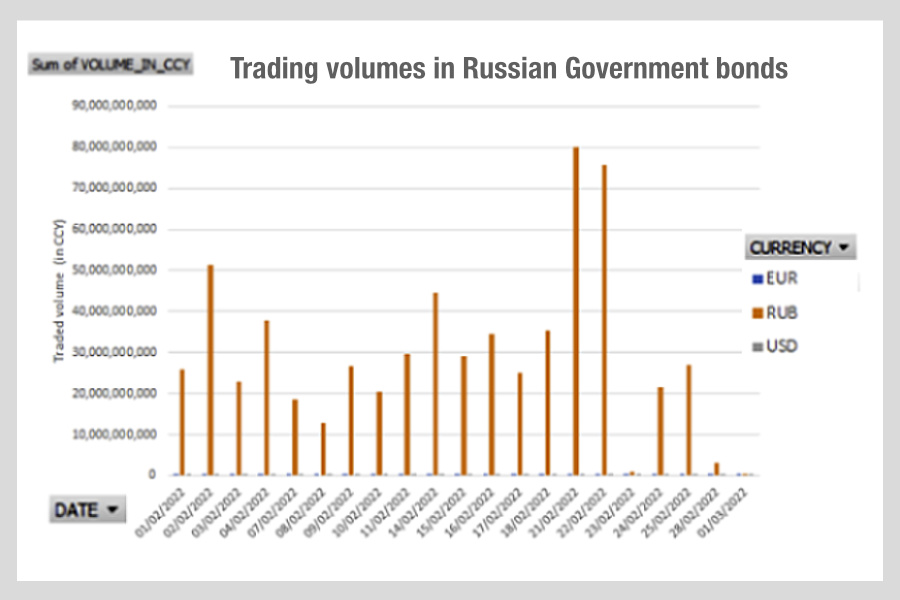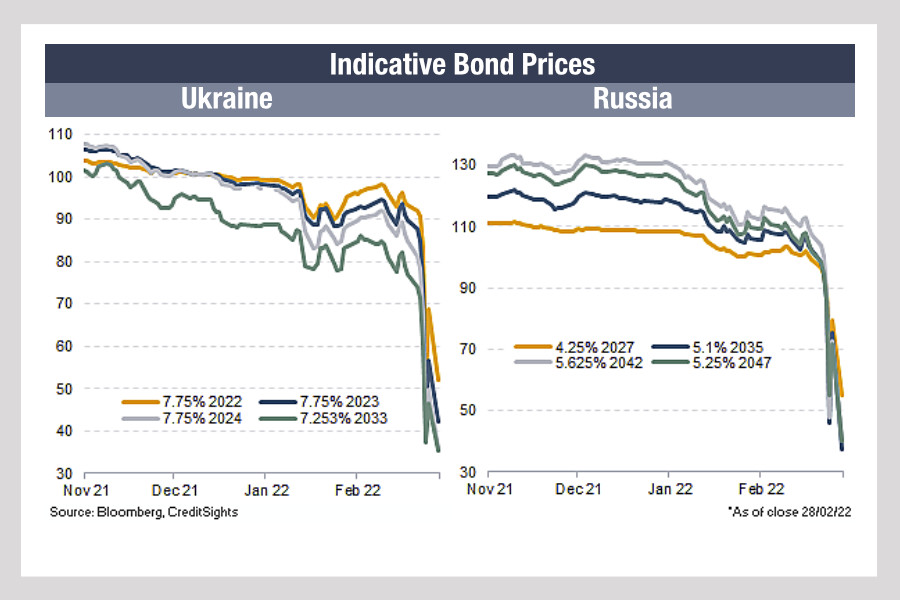US market regulator, the Securities and Exchange Commission (SEC), has reported buy-side firms feel pressured not to publicly speak out about the challenges of the new issue process for fear of seeing reduced allocations in the future.
In its 'Office of the Investor Advocate Report: Fiscal Year 2020' the regulator has proposed that the it host a roundtable to consider concerns around the new issue process for investment grade corporate bonds.
Dollar-denominated investment-grade corporate debt issuance amounted to US$1.31 trillion in 2019, and was expected to increase to $1.995 trillion in 2020 according to the SEC’s figures, quadruple what it was in 2010. The regulator noted that disclosure levels in equity issuance is more standardised and often determined by state law, yet fixed income securities must take into account “not only the issuer’s value, but also risks associated with the unique terms and structure of the particular bond issue… Unlike equities, bonds have terms that are contractual in nature. This means that terms and structures can vary significantly across bond issues. Investors require specific information about a bond issue in order to price it appropriately.”
This is not reflected in the process by which bonds are issued, and consequently “Many institutional investors have raised concerns that the marketing process for new issues does not provide buy-side participants an adequate opportunity to make informed investment decisions,” the SEC wrote.
As dealers market offerings via human bilateral negotiations, typically over the phone or by electronic message, they do not convey information about an offering consistently and have discretion in deciding with which investors they wish to place the bonds.
As investment-grade bond offerings can be announced and priced within the span of a day with the deadline given for submitting orders “sometimes as short as fifteen minutes” the SEC argues that “this window of opportunity does not always allow investors time to locate and evaluate relevant disclosure concerning covenants, redemption provisions, and other information about offering terms before placing orders.”
The buy side has asked for the process to be standardised – lobby group The Credit Roundtable provided comprehensive guidance and best practice on which data should be disclosed and timeliness of disclosure in a report in August 2020 and technology platforms exist to create a more standardised process. However in the US particularly, banks have not adopted these practices.
“Buy-side participants with whom we have spoken worry that if they complain about information availability, or back out of an offering after submitting an order, dealers will retaliate by giving a smaller allocation in a subsequent offering,” noted the SEC. “The Credit Roundtable has sought to enhance information accessibility by promoting standardised model covenants and other indenture terms.”
The SEC noted that primary markets for European investment-grade debt have begun using standardised data fields, including a Legal Entity Identifier for the issuing entity.
“A next step for US market participants could be agreement on a similar set of standardised data fields, which dealers could use to disseminate reference data for bond issue,” wrote the regulator. “Many market participants anticipate that [DirectBooks] a new web-based platform developed by a consortium of sell-side banks and set to launch in late 2020, may help to address some of the Credit Roundtable’s concerns inasmuch as it reportedly will disseminate, via structured data, deal announcements and updates for U.S. dollar investment-grade bond offerings. However, the proposed platform is not intended to replace the current relationship-based allocation process, a business that is highly lucrative for sell-side banks.”
It noted the economic implications of these reported concerns are “significant” as although investment managers have diverse investments which would “mitigate the risk of mispricing” it added “they are purchasing trillions of dollars of bonds on behalf of clients that include pension funds and mutual funds catering to Main Street investors. Main Street investor exposure to the corporate bond market is likely to increase due in part to demographics—the aging of the US population—and the corresponding shift in investments from equity to comparatively more secure fixed-income strategies.”
©The DESK 2020
TOP OF PAGE

























